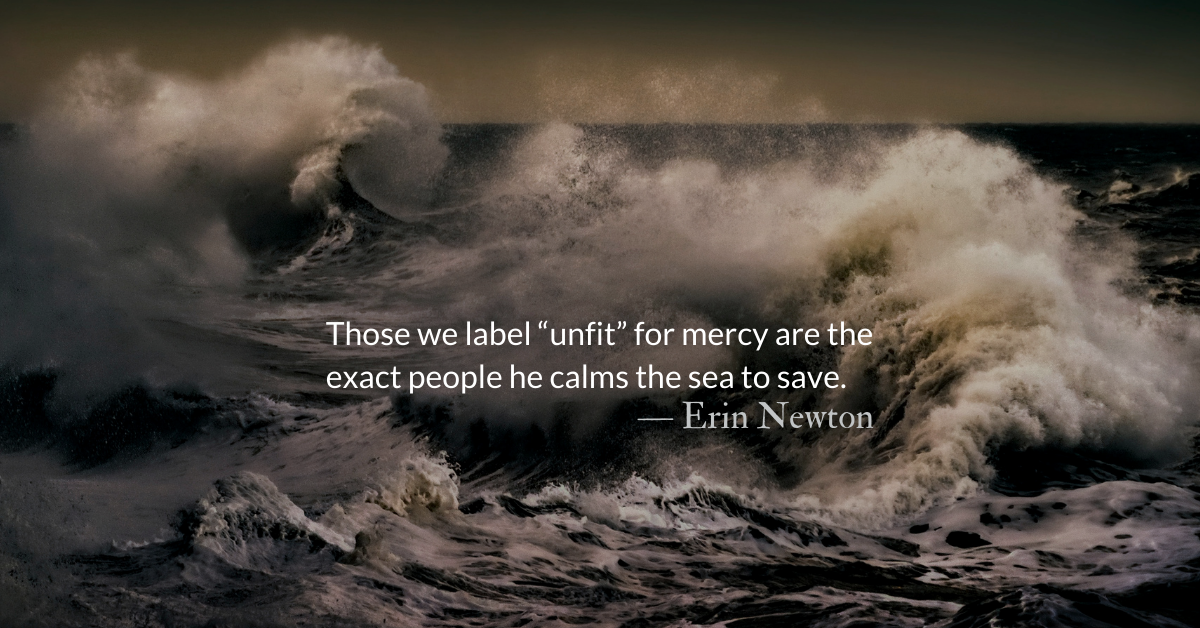Scripture Focus: Jonah 4.1-4
4 But to Jonah this seemed very wrong, and he became angry. 2 He prayed to the Lord, “Isn’t this what I said, Lord, when I was still at home? That is what I tried to forestall by fleeing to Tarshish. I knew that you are a gracious and compassionate God, slow to anger and abounding in love, a God who relents from sending calamity. 3 Now, Lord, take away my life, for it is better for me to die than to live.”
4 But the Lord replied, “Is it right for you to be angry?”
Reflection: Rooting for the Anti-hero (Jonah)
By John Tillman
Most lessons I heard about Jonah in my youth over-emphasized the positives of the story to make Jonah into a reluctant anti-hero who started out in the wrong direction but did the job in the end. (This usually meant stopping before chapter four.)
In this version, we sympathize when anti-hero Jonah flees to Tarshish because he fears the Ninevites killing him. Then we cheer for his willingness to die to save the sailors. However, this version of the story conceals the truth. Jonah made no heroic sacrifice. He was willing to die to ensure his enemies, the Ninevites, died. Saving the sailors was a side-effect.
Jonah spent three days praying in the fish, a monster of the deep. Hopeless, Jonah had nothing other than the ability to call on God. He imagined sacrificing to God in the temple and proclaiming, “Salvation comes from the Lord.” Then, salvation came. God commanded the fish to return him to dry land.
Jonah preached God’s message for three days traveling through the belly of Nineveh, a monster of a city, not just in size but in nature. Scripture doesn’t give us Jonah’s entire message, but the summary isn’t exactly inspiring: “40 days and it’s over!”
In seminary, our performance group created a short play about Jonah. The piece was geared for comedy, but we portrayed Jonah as distinctly unheroic. The actor portraying Jonah “preached” to Nineveh in an annoyed, angry, and unsympathetic monotone. But the message took hold anyway. “Salvation comes from the Lord.”
Jonah was angry when God relented but not surprised. He tells God, “I knew you were too soft and forgiving. That’s why I didn’t want to come.” Jonah’s hatred of the Ninevites was intense and based on his bitter life experience. He’d seen God judge them before and wanted to see it again.
God will have mercy on whom he has mercy. If we are honest, there are times we find ourselves, like Jonah, disagreeing with God about the “whom.” We all have a Nineveh—a person or group we have a hard time loving, evangelizing, and accepting. Jonah wasn’t wrong in his assessment of Nineveh’s blameworthiness, but he miscalculated the measure of God’s mercy.
When God has mercy, is it right for us to be angry? Who do we root for in this story?
It’s not Jonah. And it’s not us. Don’t underestimate God’s mercy. “Salvation comes from the Lord.”
Divine Hours Prayer: The Request for Presence
May God be merciful to us and bless us, show us the light of his countenance and come to us.
Let your ways be known upon earth, your saving health among all nations. — Psalm 67.1-2
– From The Divine Hours: Prayers for Summertime by Phyllis Tickle.
Today’s Readings
Jonah 4 (Listen 1:56)
Psalm 78.38-72 (Listen 7:12)
Read more about Supporting Our Work
Our work is ad-free because of donors just like you. Please consider becoming a donor. Support biblical devotionals sent to inboxes across the world.
Read more about When Ninevites Believe
God holds out hope for Nineveh and, in some cases, may entrust us to take the gospel to them. May we be faithful.
https://theparkforum.org/843-acres/rooting-for-the-anti-hero-jonah











